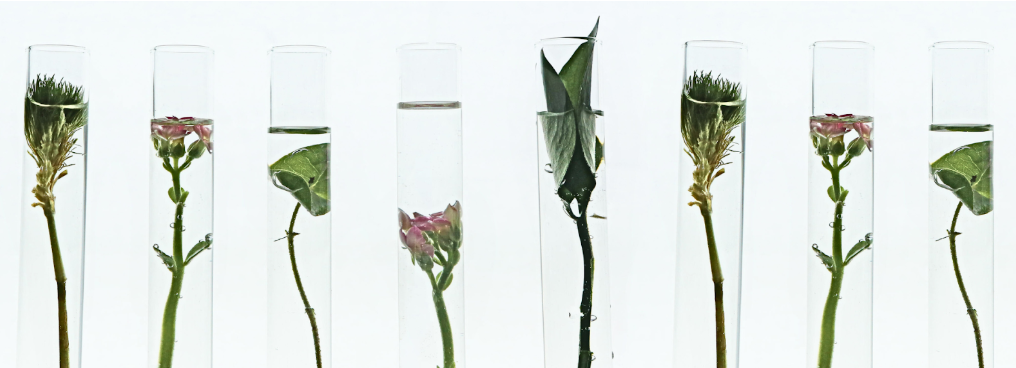My adolescence and teenage years were rocky, to say the least.
On the surface, I fought to project an image of a person in control, a person who strived for perfection: I was the valedictorian of my high school class, I studied at Brown University, and I maintained plenty of friendships.
But beneath the façade was a person in despair. From the time I was a child, I was aware that I suffered from major depressive disorder. By middle school, I’d already tried several antidepressants, and had been hospitalized for a suicide attempt. In high school, I became a binge drinker – having to be hospitalized for alcohol poisoning three times in four years – and spent a month in inpatient rehab when I was 16 years old.
As my depression and binge drinking worsened, I developed a co-occurring eating disorder. I was caught in a cycles of restrictive eating, binging, purging, and excessive exercise. As a person who felt he was losing control, I became convinced that my eating disorder was a way to still be in charge.
When I went to college, and suddenly had no supervision, all of my problems grew tenfold. My alcoholism was now accompanied by drug abuse, and I was able to eat however little I wanted. Whereas my eating disorder and drinking problem had been co-occurring as a teenager, they now became completely intertwined. I began to actively replace meals with alcohol. I blacked out multiple times per week, and felt physically and emotionally drained more than I didn’t.
Despite this, I maintained these behaviors for the entirety of my college days. I was in and out of therapy whenever my substance abuse or eating disorders felt unbearable, but I never attempted to address the whole picture. Instead, I would focus on one issue at a time, and would drop out of therapy as soon as I felt I had a good enough grip to keep moving forward.
After graduating from college, and trying to run into traffic while drunk, I realized that I was going to die if I did not stop drinking. Though it was one of the hardest things I have ever done, I stopped. I believed that all of my problems were going to be magically healed when I stopped abusing alcohol after nine years.
My other problems were still there.
Without alcohol, I was able to see how biologically depressed I was. I began exercising more, which I thought was good at first, until I realized I was now just transferring my source of numbing from binge drinking to over-exercising.
I felt as though I wouldn’t know how to live without having a problem that consumed me, without having secretive moments of self-destruction that were mine, and mine alone.
I had begun seeing a new therapist, and I decided to go on antidepressants. Though I almost began lying to him like I’d lied to so many therapists before, I decided to try the opposite; I decided to try being honest.
After years and years of lying, telling the truth was terrifying. But, it allowed me to slowly begin to heal, a process that I am still working on today. Recovery is about maintenance, and being in touch with yourself so you never have to go back to your darkest places—so you can live in the here and now.
I am celebrating four years of sobriety from alcohol this Thursday. I can now so clearly see how my alcoholism and eating disorder were entwined, and how I wasn’t able to go into recovery for one until I went into recovery for both.
For me, my recovery has been centered on learning to cope without resorting to self-destruction. When I only focused on cutting down my drinking, or only focused on reeling in my eating disorder, I often just ramped up the negative behavior associated with the condition I wasn’t focusing on.
I don’t want my life to be a ping-pong game self-harm; I don’t want to live inside myself, only allowing people a glimpse of the person beneath.
So I won’t. I will continue to fight to stay in recovery, not from my alcoholism, or my eating disorder, or my depression, but from all of the above.
Seamus published his memoir, Shitfaced: Musings of a Former Drunk, in early 2017, and has written about mental health and substance abuse issues for Teen Vogue, Upworthy, Advocate.com, The Huffington Post, and The Mighty. He has been a guest for a live recording of the Mental Illness Happy Hour podcast, has Facebook Lived about his own experiences for The Mighty, was a panelist for NEDA’s Twitter Chat about eating disorders in men and was also a panelist for Refinery29’s ‘Race in America’ dialogue. Follow Seamus on Twitter, and like his Facebook page here.






